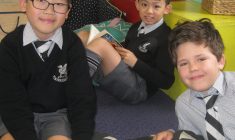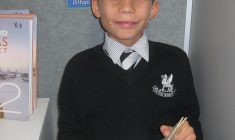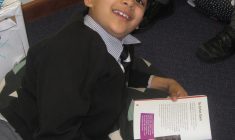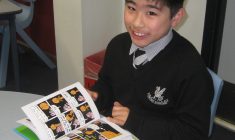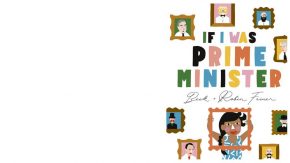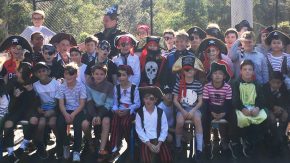Year 3 – Reader’s Workshop
You may ask yourself how do teachers facilitate students’ learning of reading and writing? One way is to teach in small groups where the teacher guides either students’ reading or writing practice by modelling, sharing strategies, explicit word choice to enhance students’ vocabulary and talking to one another.
During mini lessons, students can read, write, talk, confer with their teacher and meet in small, needs-based groups. Mrs Bradshaw, Miss Peterson and myself were fortunate enough to attend a Professional Development session earlier this year which was presented by Debbie Miller where she shared her thinking about comprehension strategy instruction, the gradual release of responsibility instructional model, and planning for student engagement and independence. It was very insightful of how teachers can best meet the needs of the children sitting in front of them.
In Year 3, Reader’s Workshop is structured around two workshops each morning, three times per week where the boys have the opportunity to read, write, talk and apply what they have learnt. This year, I have had a number of different focuses with the boys such as finding facts, the main idea in passages, vocabulary, reading and comprehension strategies, story mapping, and themes in stories have just been some of the concepts we have discussed in our sessions.
Mrs Bradshaw’s Writer’s Workshop is where the boys have been explicitly taught the craft of writing. Mentoring texts have been used to develop students’ bigger understandings from authors, and linking reading and writing purposes. The boys’ written work is reflected upon and often shared at the end of the lesson.
It is always important to remember that reading, oral language and writing all go together. Writing allows children to develop their ability to think and symbolically represent their ideas and when we share books with children, we are creating a special bond with them, and teaching them how important reading is.
Leonie Russell – Year 3 Teacher



